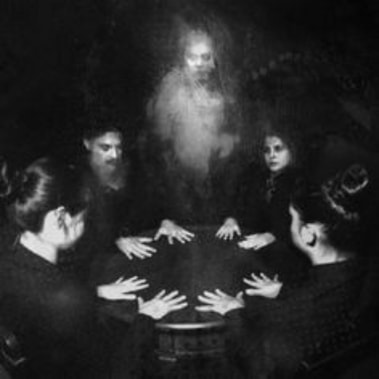The five chief points of the doctrine are:
- There is a God, defined as “The Supreme Intelligence and Primary Cause of everything”;
- There are Spirits, all of whom are created simple and ignorant, but owning the power to gradually perfect themselves;
- The natural method of this perfection process is reincarnation, through which the Spirit faces countless different situations, problems and obstacles, and needs to learn how to deal with them;
- As part of Nature, Spirits can naturally communicate with living people, as well as interfere in their lives;
- Many planets in the universe are inhabited.

The spirit is eternal, and evolves through a series of incarnations in the material world. The true life is the spiritual one; life in the material world is just a short-termed stage, where the spirit has the opportunity to learn and develop its potentials. Reincarnation is the process where the spirit, once free in the spiritual world, comes back to the world for further learning.
Spirits know the past, present, and future; sometimes they can materialize and act on matter. We should let ourselves be guided by good spirits, Kardec maintained, and refuse to listen to bad spirits.
Detractors say that Kardec built his theory on the untenable hypothesis that mediums, embodying a so-called spirit, are never mistaken, unless their utterances are prompted by evil spirits. This notion does not of course, take into account the possibilities of suggestion, multiple personality, or unconscious influences which were quickly developed as alternative hypotheses to outright fraud by skeptical scientific investigators such as Michael Faraday.
Kardec’s works do not establish any rituals or formal practices. Instead, the doctrine suggests that followers adhere to some principles regarded as common to all religions. The religious experience within spiritism is, therefore, largely informal.
